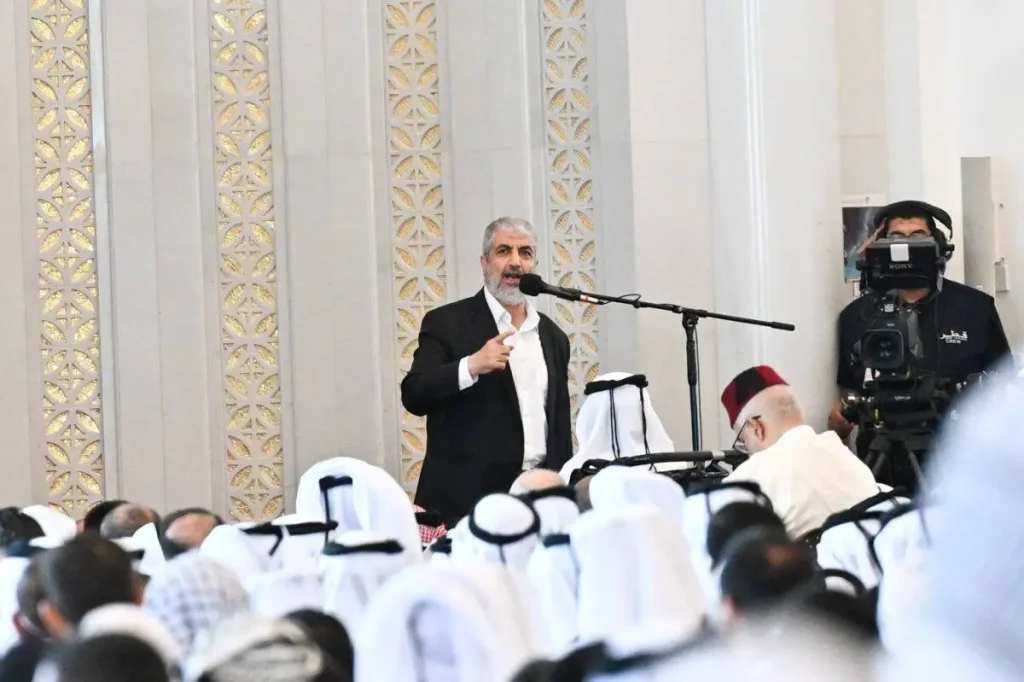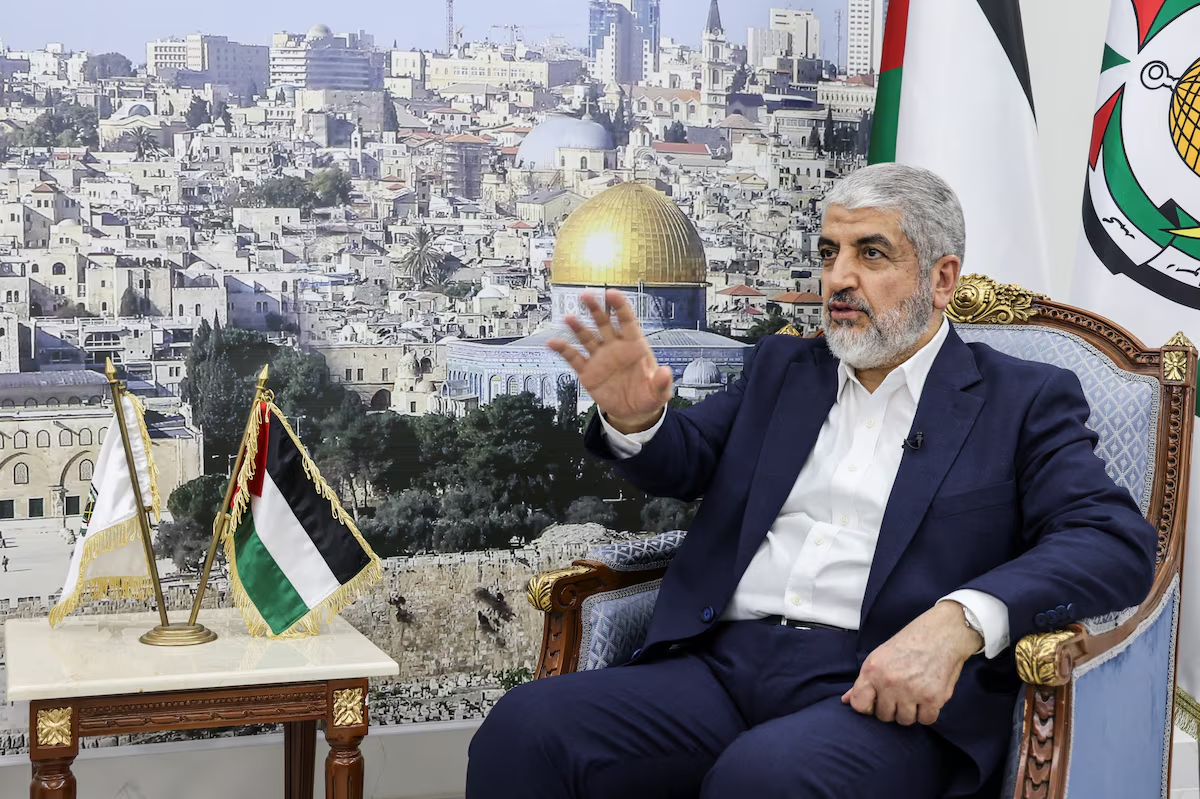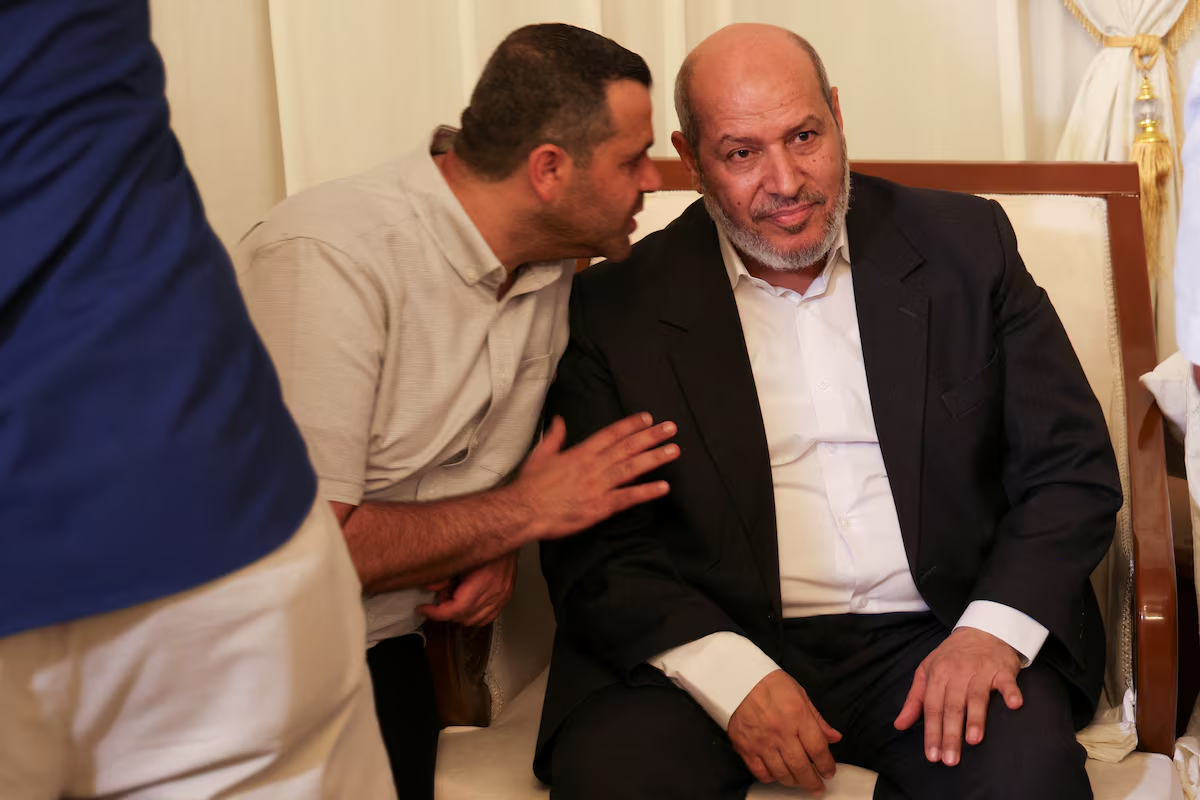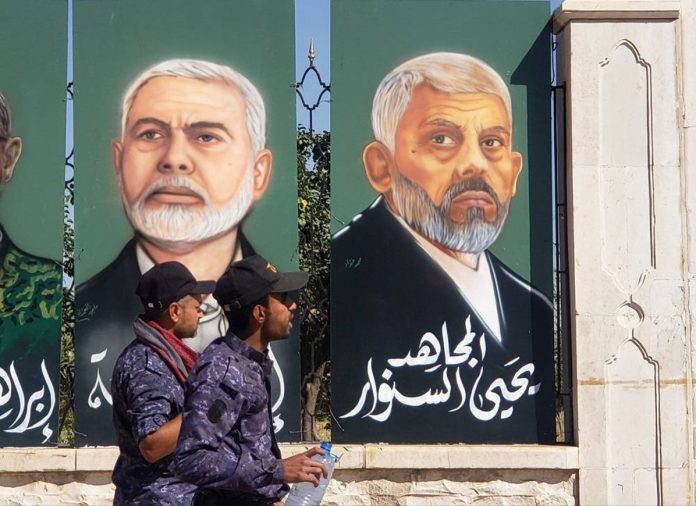The Palestinian militant group Hamas is expected to soon appoint a new political leader after the death of its Gaza-based leader, Yahya Sinwar, in an Israeli military operation, experts say. Sinwar’s death has intensified speculation about how Hamas will restructure its leadership both inside and outside Gaza. His brother, Mohammad Sinwar, is anticipated to take on a larger role directing Hamas’ military operations within the enclave.
Yahya Sinwar, who masterminded the October 7 attack on Israel, was killed on Wednesday, marking the second time in just three months that Hamas has lost a top leader. Ismail Haniyeh, the previous leader of Hamas, was assassinated in July in Iran, most likely by Israeli forces. Under Sinwar’s leadership, the roles of Hamas’ military and political wings were united, but experts suggest this structure may not continue after his death.

Khalil Al-Hayya, Sinwar’s deputy, has emerged as a potential successor. On Friday, Hayya struck a defiant tone, asserting that Israeli hostages will not be returned until Israeli troops withdraw from Gaza and the war ends. Al-Hayya, along with other leading candidates such as Khaled Meshaal and Mohammad Darwish, are currently based in Qatar, Hamas’ diplomatic hub.
Hamas’ leadership council, known as the Shura Council, which includes members from Gaza, the West Bank, Israeli prisons, and the Palestinian diaspora, will likely select the new leader. While it remains uncertain if the new leader will be based in Gaza, they will likely have the authority to engage in ceasefire negotiations even from abroad, experts believe.
Hamas, which has received financial and military backing from Iran for years, must carefully balance Iran’s interests as well as those of Qatar, where its key political leaders currently reside. Ashraf Abouelhoul, a Palestinian affairs expert, believes that Hamas will split Sinwar’s former responsibilities into two roles—one focused on military operations and another on international diplomacy and policy-making. According to Abouelhoul, Iran’s approval will be key in choosing Sinwar’s successor, given its pivotal role in supporting Hamas.

Despite Sinwar’s death, Hamas is expected to hold firm in its demands during any future ceasefire negotiations, with an Israeli military withdrawal from Gaza as a primary condition. However, the group may exhibit flexibility in prisoner exchanges between Israeli hostages and Palestinians imprisoned by Israel. Israeli Prime Minister Benjamin Netanyahu has declared Sinwar’s killing a milestone but stressed that the war is far from over, with fighting to continue until all hostages are released.
Since its foundation in 1987, Hamas, a branch of the Sunni Islamist Muslim Brotherhood, has been known for quickly replacing its fallen leaders. Al-Hayya, who has close ties to both the military and political wings, is seen as a stable interim leader for Gaza. Despite the communication challenges imposed by the ongoing conflict, Hayya is expected to exert his authority from abroad.
Palestinian political analyst Akram Attallah believes that Mohammad Sinwar, Yahya Sinwar’s brother, will likely assume a more prominent role within Hamas’ military wing, the Qassam Brigades, and in the group’s overall leadership structure. Mohammad Sinwar has long been a key figure in the military wing and has survived multiple Israeli assassination attempts. With the death of his brother, his influence within Hamas is expected to grow.

The ongoing conflict, which erupted after Hamas-led gunmen killed 1,200 people and took 250 hostages during the October 7 attack, has left Gaza devastated, with over 42,000 Palestinians killed in retaliatory Israeli airstrikes, according to Palestinian authorities. Nearly the entire population of Gaza has been displaced, and the humanitarian situation continues to deteriorate.
As Hamas prepares to select a new leader, the group’s relationship with Iran will remain critical. Both Mohammad Darwish and Khalil Al-Hayya are seen as close to Tehran, and its support will be vital as Hamas seeks to recover from the war. However, Khaled Meshaal, another former Hamas leader, may face challenges due to past friction with Iran after he backed the 2011 Sunni-led uprising against Syrian President Bashar al-Assad, a key Iranian ally.
While some experts believe that Al-Hayya’s strong ties to Iran put him in the best position to succeed Sinwar, others argue that if Iran softens its stance on Meshaal, he could re-enter the political leadership equation. Nonetheless, the war continues to evolve, and the future leadership dynamics within Hamas remain fluid.




